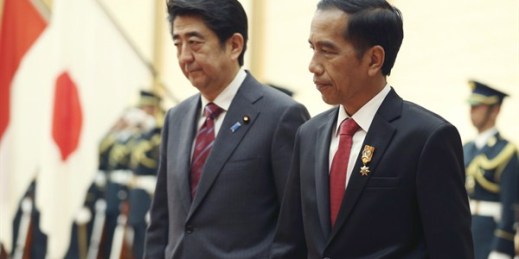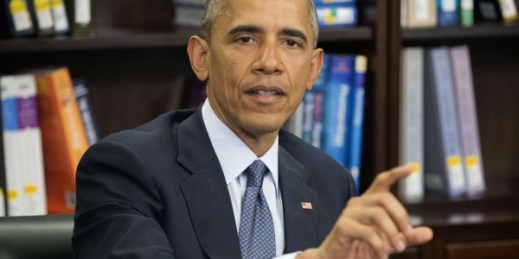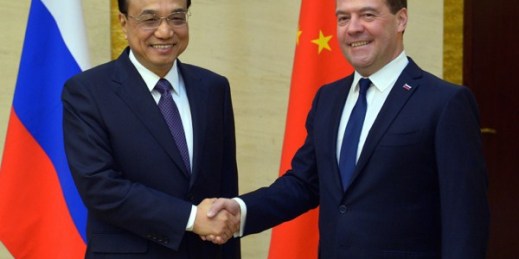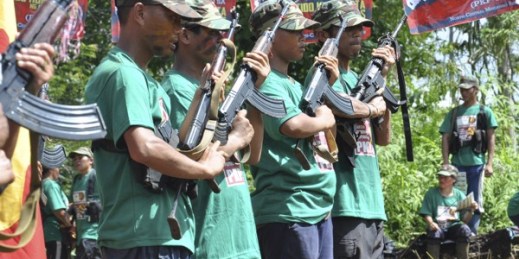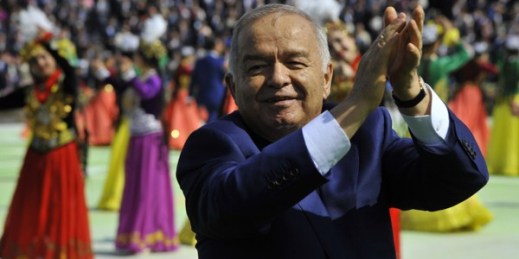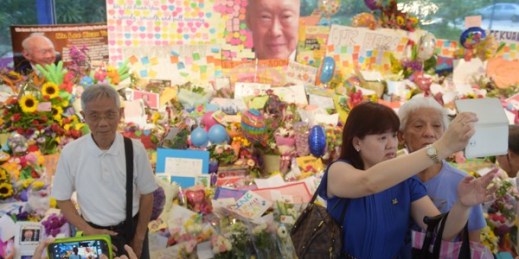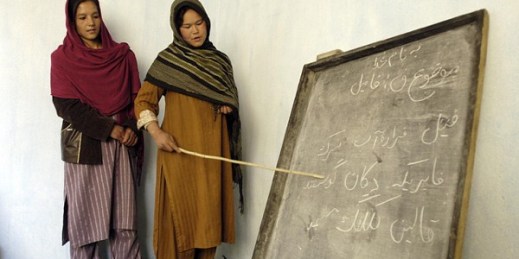
When Afghanistan’s new president, Ashraf Ghani, met with U.S. President Barack Obama at the White House in late March, he suggested that “one day we’ll see an Afghan woman president.” His remarks came only a few days after a scene of horror had unfolded in Kabul. A 27-year-old Afghan woman and theology student named Farkhunda had been tortured in an ordeal that lasted for two hours. Hundreds of people watched, including the police, who stood by without intervening. The enraged crowd accused her—falsely, as it turned out—of having burned a Quran. They ultimately set her on fire and tossed her […]

